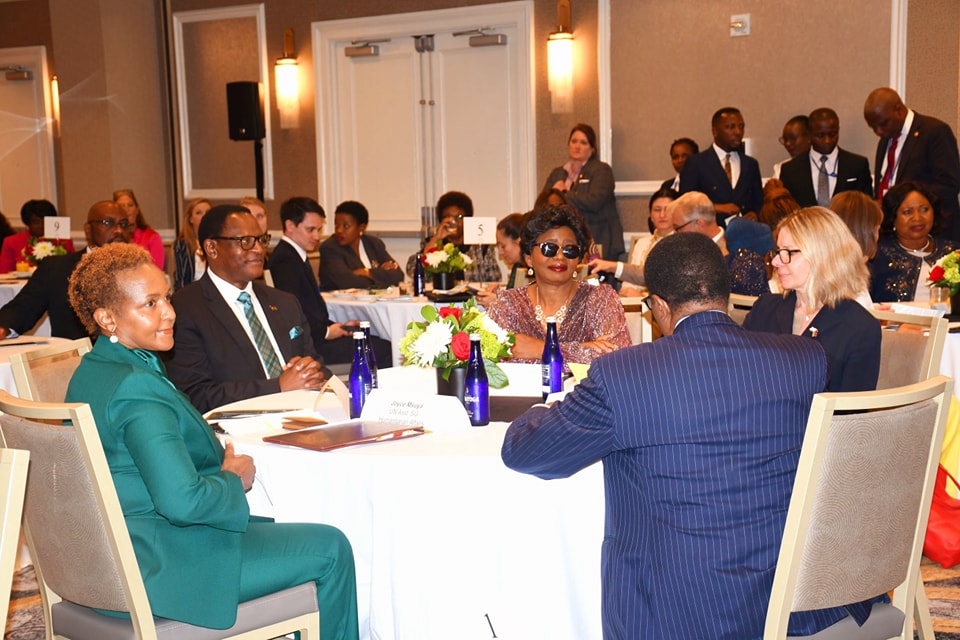Malawi lobbies for disaster risk financing
President Lazarus Chakwera has stressed the need for development partners and potential investors to enhance disaster risk financing to protect economic gains from external shocks.
Speaking on Tuesday in New York, United States of America during the Malawi-Partners Conference held on the sidelines of the 78th Session of the United Nations General Assembly (Unga), he said Malawi’s economic gains have been largely eroded by climate-related shocks.

Said Chakwera: “We have set our sight towards achieving the upper middle-income status by 2030 and we are eyeing on graduating from the least-developed countries in line with the Doha Programme of Action.
“For this to happen, Malawi’s economy has to grow by not less than six percent per annum. There was hope that the target was in sight when growth projection for Malawi’s economy was set at 5.4 percent, but that hope was dashed when four cyclones, one drought, a global pandemic and a nationwide cholera outbreak conspired to cut the projection down to less than one percent.”
The President further said there can be no possibility of growth without global coalition of partners to leverage foreign direct investment towards unlocking enormous potential Malawi has for transformative productivity in agriculture, tourism and mining (ATM strategy).
He said: “The level of investment needed to achieve this in the next seven years is close to $100 billion which is pocket change for economies that have contributed the most to climate change, but the tenth of this needs to go towards resilience building and protect the gains from being eroded by external shocks.”
World Bank managing director for operations Anna Bjerde agreed with Chakwera, saying the country has had a share of climate-related challenges.
She said: “In fact, Malawi has experienced more than 19 major flooding events and eight catastrophic droughts in the last five decades. Climate shocks have derailed economic strides.
“I visited Malawi just after Cyclone Freddy to review the impacted areas and appreciate stories of affected communities and what I saw is a reminder that climate action must be prioritised in everything we do.”
Bjerde said since Cyclone Freddy, she was more convinced that the bank needed to operate on two speeds; one being crisis response; helping the countries when they need the most and the other one being medium-term development trajectory.
The conference attracted foreign governments, high level development and donor partners, potential investors and the academia. n





